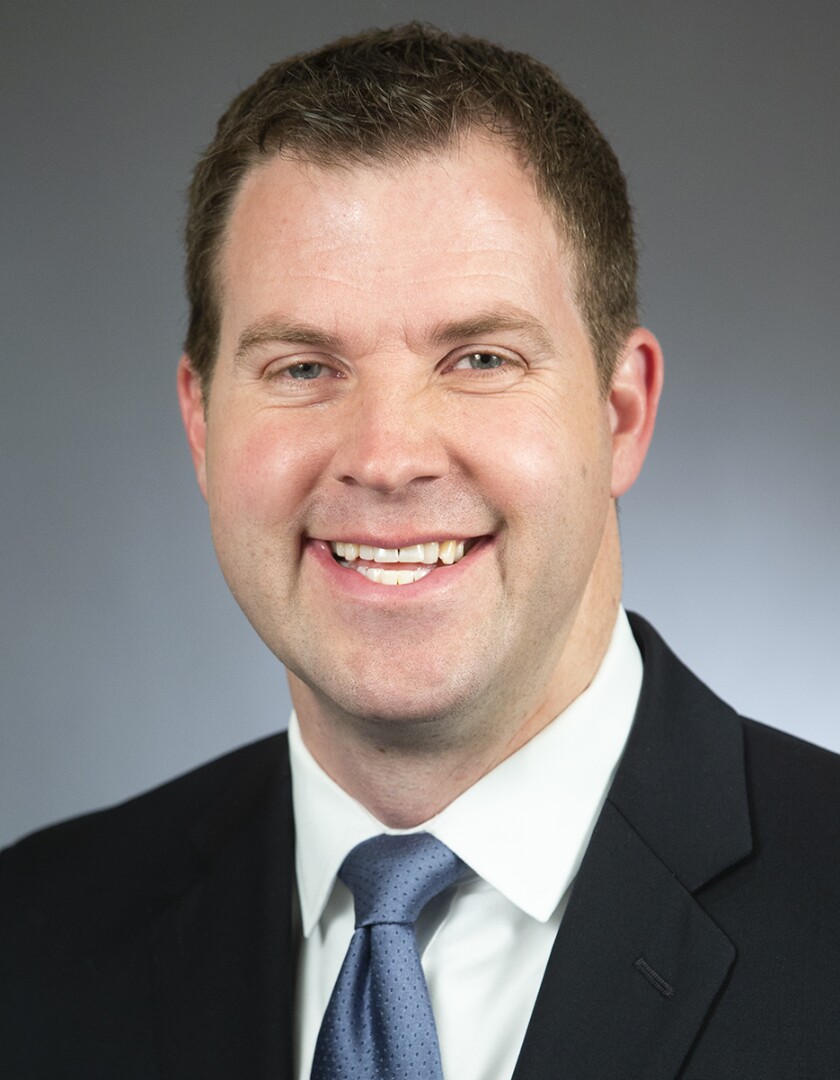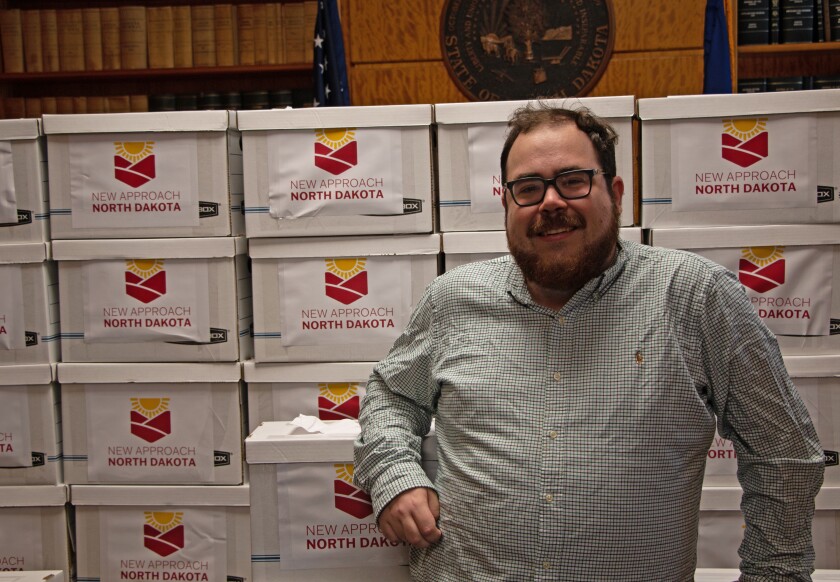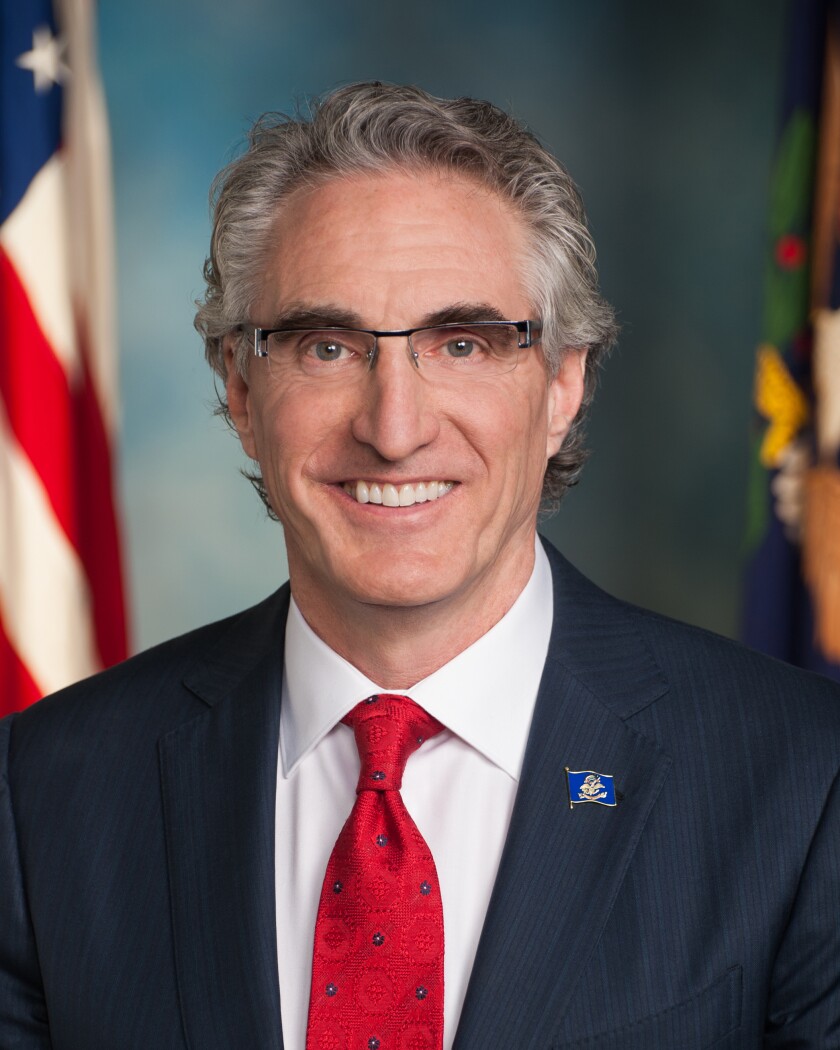WASHINGTON — President Joe Biden announced Thursday, Oct. 6, sweeping reforms surrounding the nation’s federal marijuana policies, issuing pardons and aiming to reschedule marijuana on the country’s schedule list.
“As I often said during my campaign for president, no one should be in jail just for using or possessing marijuana,” Biden said. “Sending people to prison for possessing marijuana has upended too many lives and incarcerated people for conduct that many states no longer prohibit.”
ADVERTISEMENT
As part of his initiative, Biden announced he would be working with U.S. Attorney General Merrick Garland to issue pardon certificates to those convicted of federal charges of simple possession of marijuana, a move which some officials believe could affect as many as 6,500 people — none of which are currently in federal prison. He urged state governors to do the same.
“Just as no one should be in a federal prison solely due to the possession of marijuana, no one should be in a local jail or state prison for that reason, either,” Biden said.
Too many lives have been upended because of our failed approach to marijuana. Hear from on the three steps he is taking to right these wrongs.
— The White House (@WhiteHouse)
In addition to the pardons, Biden tapped Garland and Secretary of Health and Human Services Xavier Becerra to “expeditiously” conduct a review on marijuana’s scheduling. Under the Controlled Substances Act, which took effect in 1971, marijuana is listed as Schedule I — the most dangerous tier including ecstasy, heroin and LSD.
Though Biden’s overhaul of marijuana regulations is a large step, it only applies on the federal level. State lawmakers are still free to regulate marijuana how they see fit.
So, what does that mean for Minnesota and North Dakota?
Minnesota’s clemency process doesn’t lie solely in the governor’s hands
SAINT PAUL — While Minnesota in recent years has taken some steps toward loosening marijuana restrictions in the state, pardoning or expunging prior convictions does not lie solely in the hands of Gov. Tim Walz.
The Minnesota Board of Pardons, a subsidiary of the state’s corrections department, holds the power to pardon individuals and commute or expunge criminal convictions lobbied against citizens in the state. Made up of the governor, attorney general and chief justice of the Minnesota Supreme Court, the board meets biannually — once in the spring and once in the fall.
ADVERTISEMENT
“The Minnesota Board of Pardons … may grant a pardon or a commutation to a person who is still serving a sentence for a crime committed in the state,” “The Board may also grant a pardon extraordinary to a person who has completed their criminal sentence and satisfied a required waiting period, if they can demonstrate that they have reformed and are living as law-abiding citizens.”
The Board of Pardons grants clemency of some form to an estimated 20-40 people each year. Its rarity and inefficiency is something lawmakers attempted to address in this year’s legislative session.

In February, Rep. Jamie Long, DFL-Minneapolis, authored House File 3464, a bill that aimed to overhaul Minnesota’s clemency process. According to a House Research summary, the bill would have gifted the governor more authority in Board of Pardons hearings while also creating a nine-member committee to screen clemency applications and provide recommendations to the board.
“Pardons are an opportunity for societal redemption. … Right now the workload for reviewing pardons falls to three of the busiest people in the state,” Long told the Minnesota House of Representatives when introducing the bill. “Minnesota’s approach is stricter than all but six other states in the country in terms of how we approach pardons. So this would be a fair process that would certainly be consistent with the state constitution … and I think it would be a way to help ensure that we are not putting such a high burden on our pardon process.”
That bill was referred to the House Committee on Public Safety and Criminal Justice Reform Finance and Policy, where no further action was taken.
Claire Lancaster, press secretary for Walz, told Forum News Service that while the governor supports Biden’s decision and has advanced marijuana legalization in Minnesota, he “does not have the ability to take unilateral action” toward issuing clemency to those in Minnesota.
by on Scribd
ADVERTISEMENT
After repeated shortcomings, North Dakota to vote again on recreational pot
BISMARCK — Call it deja vu, but North Dakotans heading to the polls this November will be confronted with yet another attempt to legalize recreational marijuana.
After medical marijuana became legal through a public vote on Measure 5 in 2016, some North Dakotans have pushed time and again to legalize recreational use across the state as well. The first attempt came during the 2018 midterms, when North Dakotans rejected it by a 19-point margin.
After possessing small amounts of marijuana was decriminalized in North Dakota in 2019, various groups in favor of the measure analyzed feedback and reignited the debate, pushing for another measure to appear in the June 2020 election.
The North Dakota for Freedom of Cannabis Act, which saw petitions began circulating in July 2019, sought to add a section to the state’s constitution to allow those 21 years and older to:
- Possess, use, purchase or transport cannabis, accessories and cannabis-infused products;
- Possess, grow and transport for personal use up to 12 plants, no more than six fully matured, that is not available for sale;
- Consume cannabis not in a public setting and
- Transfer cannabis to minors under 21 years old if medically prescribed by law.
The measure failed to garner the minimum number of signatures required to appear on the 2020 ballot.
After analyzing feedback from the 2018 measure’s rejection, David Owen, leader of Legalize ND, pushed for signatures on a new petition.

“After Measure 3 failed, we researched and we crafted the bill in response to what people said, what the public opinion was across the state,” “We needed North Dakota-based attorneys, and that’s what we have now. We have legislative support.”
ADVERTISEMENT
The latest measure calls for adding a new section to North Dakota’s Century Code, rather than a change to the state’s constitution.
“We don’t think marijuana belongs in the constitution,” Owen added. “Marijuana to me is not a constitutional issue … there’s a lot of things in there that I don’t think should be in there.”
The measure, which did gather enough valid signatures to appear on the ballot, will see a public vote Nov. 8. Another similar measure seeking to amend the state’s constitution will not appear on the ballot.
North Dakota’s clemency process already in place
While legalizing marijuana this November wouldn’t automatically grant clemency to those convicted before the law went into place, a process already exists for North Dakotans to receive a pardon or expungement of past charges for simple possession.

Following the decriminalization of possessing small amounts of marijuana in the state, Gov. Doug Burgum in January 2020 began granting pardons for such convictions. Under a then-newly implemented policy, Burgum pardoned 16 North Dakotans from convictions involving small-amount possession.
Approved by the state’s Pardon Advisory Board in July 2019, the policy allows individuals to submit a summary pardon application if they have been prosecuted for and convicted of possession of marijuana, ingestion of marijuana or possession of marijuana paraphernalia, and have not had any convictions in the past five years. Burgum granted pardons for half of the applicants.
ADVERTISEMENT
“These pardons are consistent with our recent efforts with the Legislature to reduce the penalties for low-level marijuana offenses and eliminate barriers to employment created by often distant past offenses, as well as with our approach of treating addiction like the disease that it is,” “By removing the stigma of these minor offenses, we can offer individuals a second chance at a successful, healthy and productive life and help address our state’s workforce shortage.”
Burgum, who is currently in Japan for a trade and investment mission, has not yet made any public statements regarding Biden’s call on governors for clemency.














